NADRA shuts down CNIC services at Post Offices
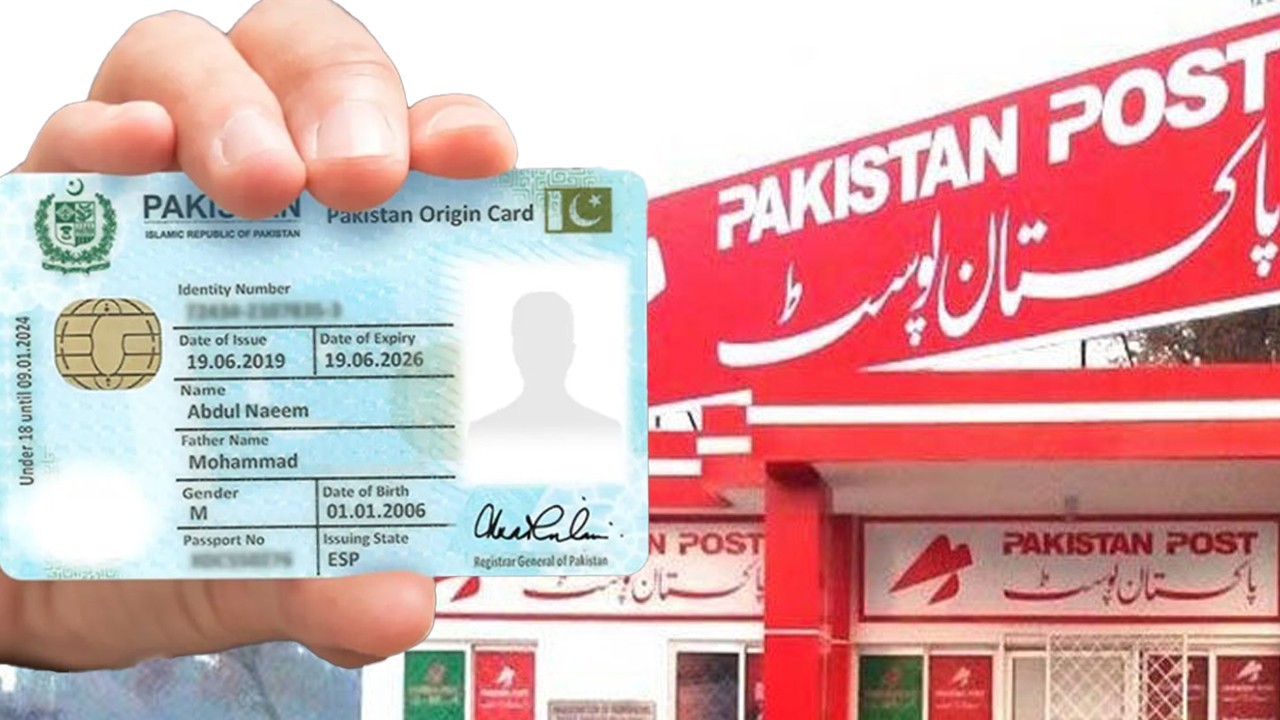
Web Desk
|
9 Apr 2025
The National Database and Registration Authority (NADRA) has officially terminated all CNIC-related services offered at General Post Offices (GPOs) across Pakistan, citing poor public response and limited awareness as the primary reasons.
The initiative, launched three years ago in collaboration with Pakistan Post, aimed to enhance accessibility by offering services such as CNIC renewals, address changes, and marital status updates directly at post offices. The effort was introduced under a 10-year agreement as part of a broader government plan to decentralise identity services.
However, NADRA has now issued formal orders to shut down all such counters nationwide. Staff have been directed to return equipment, deposit collected fees, and distribute any ready CNICs to applicants before dismantling operations commence.
A NADRA spokesperson confirmed the closure, stating: "Due to the extremely low number of applicants at post office counters, the facilities have been shut down. The equipment will be transferred to union councils in the upcoming fiscal year to decentralise service delivery."
The programme reportedly struggled due to ineffective public outreach, with many citizens unaware that such services were available at local post offices.
Read more: NADRA to issue lifetime CNICs to differently abled persons
In Karachi alone, NADRA counters at 10 major post offices — including those at II Chundrigar Road and Saddar GPO — have already closed. These outlets had previously helped reduce footfall and long queues at NADRA centres.
Nationwide, approximately 83 counters have been affected, spanning across all four provinces and Azad Kashmir.
Sources revealed that although NADRA and Pakistan Post had initially planned to promote the service through social media campaigns and other awareness initiatives, those efforts were either delayed or never fully implemented.
Looking ahead, NADRA plans to redeploy the retrieved equipment to union councils as part of a renewed effort to bring CNIC services closer to communities through a decentralised service model.


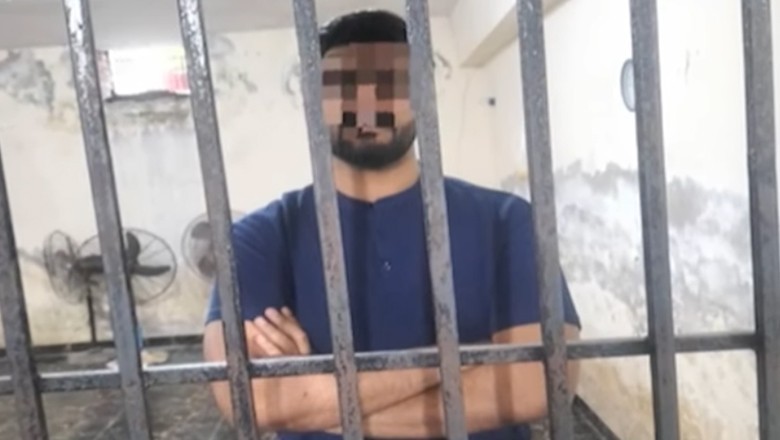

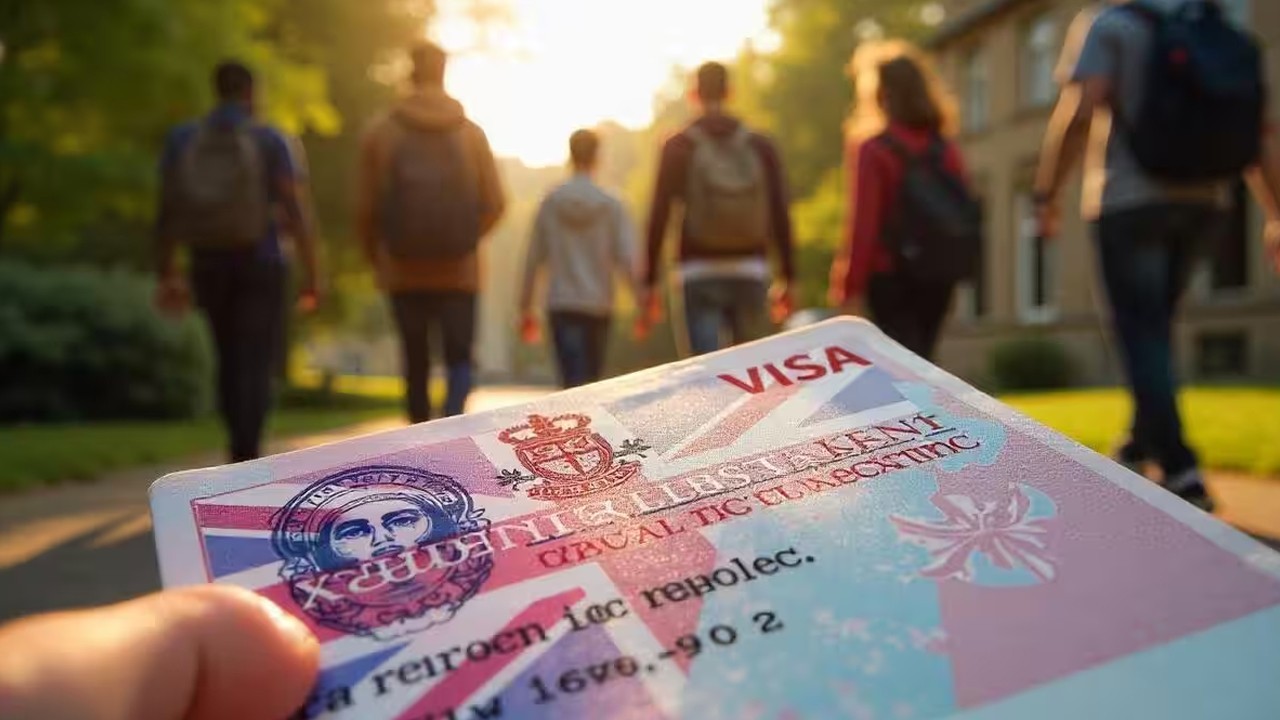
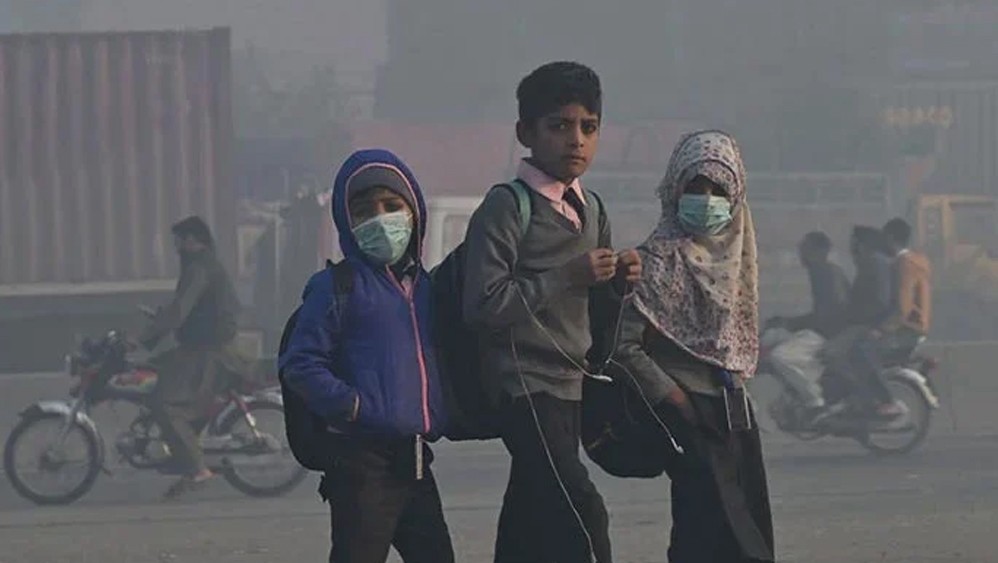
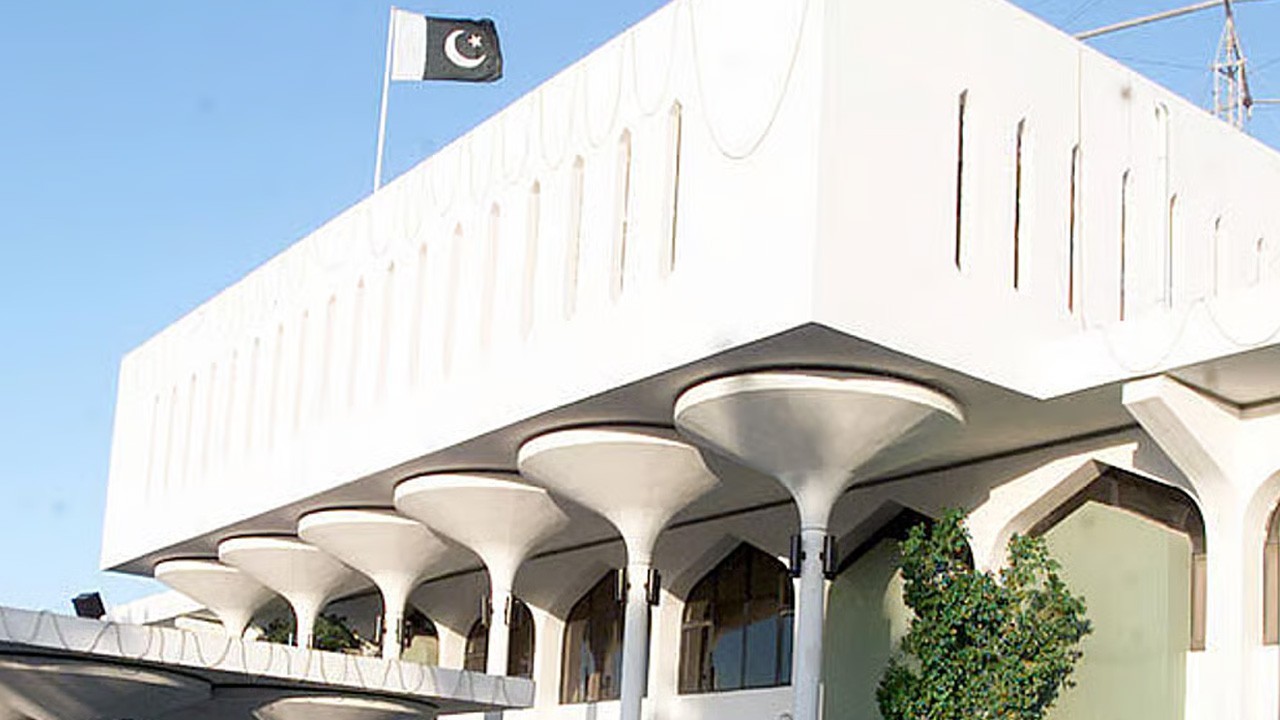





Comments
0 comment